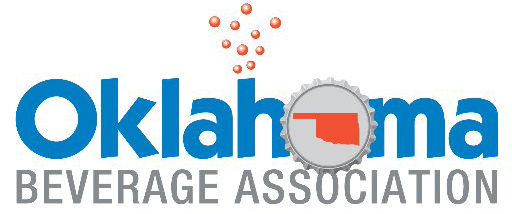School Beverage Guidelines
We promised America’s parents that we would change the beverage mix in schools, and our companies – along with their school partners – have delivered dramatic and significant results. With the national School Beverage Guidelines, we removed full-calorie sodas from schools and replaced them with a range of lower-calorie, smaller-portion choices. This has been no easy feat, but it is one we are proud of and we know will have meaningful and lasting results.
In early 2010, the Alliance School Beverage Guidelines Final Progress Report, the final annual report on the implementation of the guidelines, was issued. The data measurement and statistics in the report were prepared by Keybridge Research LLC, a Washington, D.C.-based economic analysis and public policy research firm, under the direction of Dr. Robert Wescott.
Since that time, Keybridge Research has continued to monitor implementation.
On August 16, 2012, Dr. Wescott, along with his co-authors, had a peer-reviewed data analysis published in the American Journal of Public Health. The data, which was updated to go through the end of the 2009-2010 school year, shows that industry continues to deliver in schools across America:
Full-calorie soft drinks have been removed. Shipments of full-calorie soft drinks to schools have declined by 97 percent between 2004, the last comprehensive data available prior to the agreement, and the end of the 2009-2010 school year.
Calories available from beverages in schools have been cut dramatically. In fact, 90 percent fewer beverage calories were shipped to schools during that time.
We have successfully changed the beverage landscape in schools across the country. The School Beverage Guidelines provide for a range of lower-calorie, smaller-portion beverage options. As a result, the beverage mix in schools continues to shift to waters, portion-controlled sports drinks, diet drinks and 100 percent juices.
The School Beverage Guidelines are a national standard that is in place and working. We support their adoption as part of the federal regulations for competitive foods in schools.
The School Beverage Guidelines are common sense, supported by science and responsive to concerns about nutrition in schools.
